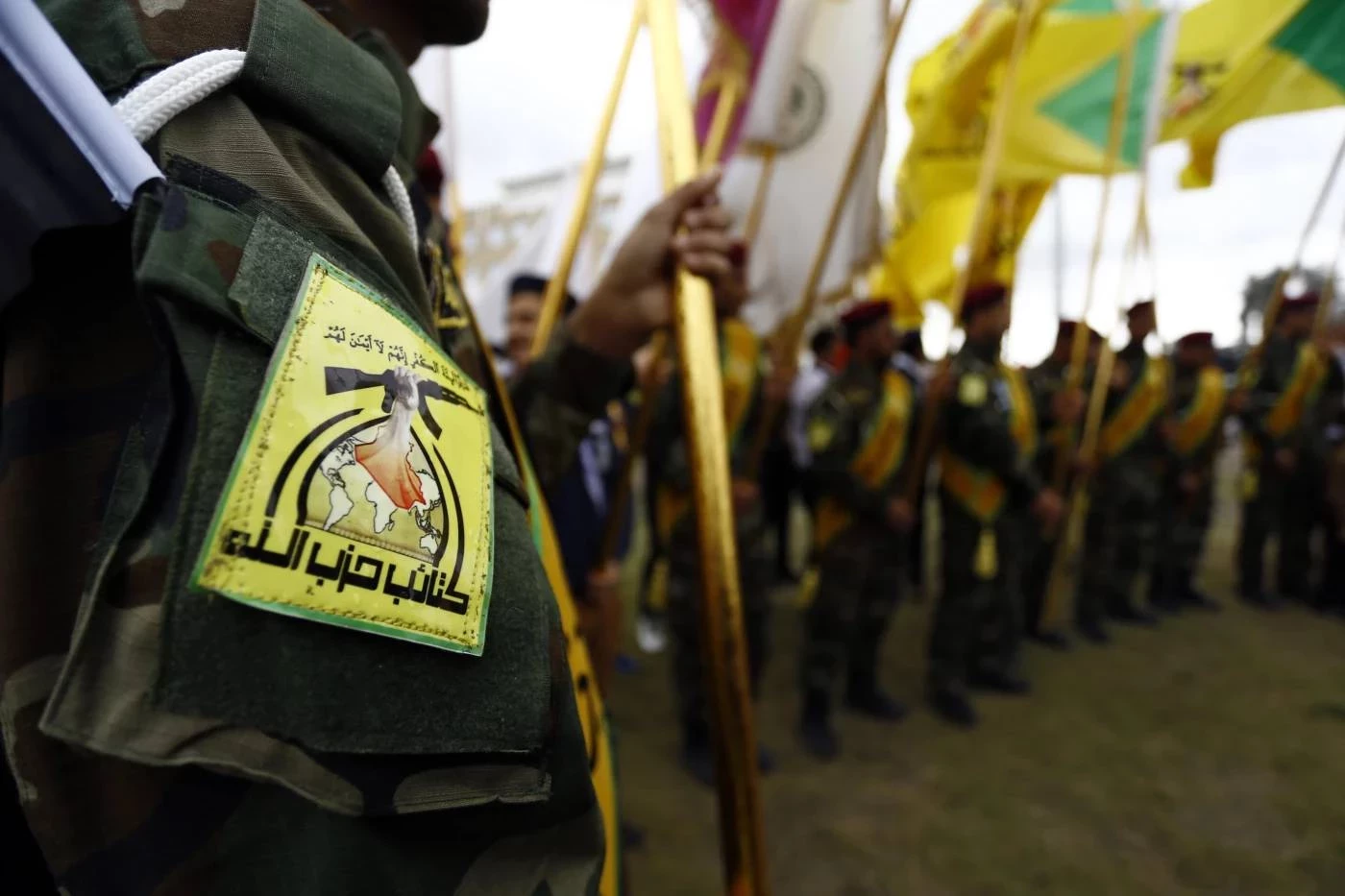ERBIL, Kurdistan Region of Iraq - The United States on Thursday declared that its ongoing maximum pressure campaign against Iran aims directly at two major Iran-backed armed group in Iraq, Kataib Hezballah and Asaib Ahl al-Haq, simultaneously announcing sanctions against the financial networks used by the groups to allegedly exploit Iraq’s economy and fund attacks on US personnel.
The focus on the Iranian-backed groups was confirmed by a State Department official, who stated that the action is within the framework of targeting the Islamic Revolutionary Guard Corps-Quds Force (IRGC-QF).
“The United States is pursuing maximum pressure on Iran. We are targeting the IRGC-Quds Force, which supports Iran’s regional terrorist partners and proxies, and two Iraq-based groups, Kataib Hezballah and Asaib Ahl al-Haq,” US State Department Principal Deputy spokesperson Tommy Pigott said in a post on X.
Pigott claimed that the groups “actively undermine Iraq’s sovereignty.”
The announcement followed fresh actions by the US Treasury Department, which on Thursday sanctioned individuals and companies accused of helping Iran evade sanctions and fund its proxies in Iraq, including Kataib Hezballah.
The Treasury accused Iran of relying on its proxies in the neighboring country to “penetrate Iraq’s security forces and economy,” claiming that the groups have also been responsible for attacks on US personnel.
John Hurley, the Treasury’s undersecretary for terrorism and financial intelligence, said the move aims to “dismantle the financial networks that enable these terrorist groups to operate.”
The sanctions target Iraq’s Muhandis General Company, allegedly run by Kataib Hezballah, and three Iraqi bank executives accused of money laundering for the IRGC-QF.
The Treasury Department designated the “three Iraqi bank executives” for abusing their positions within Iraq’s commercial banking sector to benefit the IRGC-QF, Kataib Hezballah, and Asaib Ahl al-Haq.
“These individuals have exploited their control over several Iraqi banks to generate revenue and launder money for terrorist groups and their Iranian backers.”
Aqeel Meften Khafeef Al Baidani, president of Iraq’s National Olympic Committee, was one of the individuals affected by the sanctions due to his alleged ties with the IRGC. The committee quickly denied the US allegations against its president, calling reports about his involvement in corruption “false and fabricated.”
The committee said the claims were part of “malicious campaigns” meant to harm its reputation and vowed to take legal action.
The action marks a continuation of Washington's efforts to hamper Tehran's influence in Iraq and across the Middle East.
On September 17, the US State Department designated four Iran-backed Iraqi armed groups as Foreign Terrorist Organizations (FTOs): Harakat al-Nujaba, Kataib Sayyid al-Shuhada, Harakat Ansar Allah al-Awfiya, and Kataib al-Imam Ali. Kataib Hezbollah has been designated since 2009 and Asaib Ahl al-Haq since 2020.
International pressure on Iran has also intensified, as the United Nations formally reimposed a global arms embargo and other sanctions after the UK, France, and Germany triggered the “snapback” mechanism of the 2015 nuclear deal (JCPOA), accusing Tehran of violating the accord.
In Washington, US lawmakers are pushing for even tougher measures. Congressman Joe Wilson has urged the designation of Iran-backed Iraqi groups as terrorist organizations, describing the Badr Organization as the “mother of all Iran-backed terror groups in Iraq.”
Wilson and Democratic Representative Jimmy Panetta introduced the “Free Iraq from Iran” bill in April, seeking to curb Tehran’s influence by dismantling all Iran-backed Iraqi groups, including the Popular Mobilization Forces (PMF), threatening economic sanctions on Baghdad otherwise.



 Facebook
Facebook
 LinkedIn
LinkedIn
 Telegram
Telegram
 X
X


